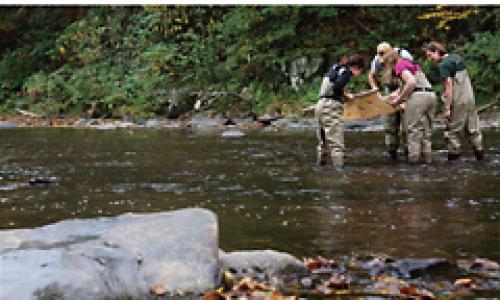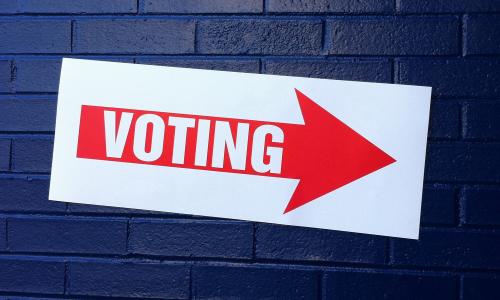The state of Michigan experiences public health concerns as well as repressive electoral laws. Nine of its 14 congressional districts rank among the 50 percent most toxic in the country. A series of urban districts near Detroit experience some of the highest economic distress and toxin exposure nationwide. Michiganders face a median toxic exposure more than double the national median, and this exposure is distributed unequally. Minority communities experience three times the pollution of the typical white community, and poor census blocks are exposed to 25 percent more toxins than non-poor blocks. Michigan’s waterways are the 14th-most polluted in the country.
| District | Turnout Rank | Exposure Rank | Exposure Inequality Rank | Distress Rank |
| MI-1 | 115 | 14 | 435 | 316 |
| MI-2 | 113 | 303 | 309 | 159 |
| MI-3 | 81 | 261 | 270 | 161 |
| MI-4 | 267 | 119 | 423 | 276 |
| MI-5 | 184 | 160 | 178 | 403 |
| MI-6 | 174 | 132 | 372 | 302 |
| MI-7 | 166 | 273 | 245 | 224 |
| MI-8 | 53 | 300 | 228 | 86 |
| MI-9 | 116 | 416 | 98 | 160 |
| MI-10 | 129 | 193 | 252 | 88 |
| MI-11 | 28 | 344 | 212 | 21 |
| MI-12 | 157 | 340 | 146 | 264 |
| MI-13 | 347 | 370 | 82 | 424 |
| MI-14 | 138 | 392 | 113 | 417 |
Electoral integrity
Environmental inequalities are exacerbated by electoral inequality, and Michigan has implemented a more restrictive electoral system relative to other states:
- No automatic or online voter registration
- No weekend or early in-person voting
- Absentee voting is restricted to a small subset of the population.
- Voters are required to appear in-person at their first election, with no exceptions for travel or illness
- Voters must register 30 days before an election to be eligible to vote.
Additionally, Michigan’s state and federal congressional districts were heavily gerrymandered in the 2011 redistricting process, making it more difficult for citizens to hold their representatives accountable.
After the 2016 general election, Michigan’s lower house approved a strict voter identification law that requires voters to show photo identification at the polls, although the resolution was tabled in the state Senate. Currently, Michigan election law permits voters without a valid ID to sign an affidavit affirming their identity. Almost 20,000 voters used this option in 2016 and could be disenfranchised if the legislation succeeds.
Political participation is correlated with economic distress in Michigan, with voters in the most distressed district, the Detroit-based 13th, turning out 20 percentage points lower than voters from the least distressed district, the suburban 11th.
Reform efforts
Local groups are involved with changing Michigan’s electoral ecosystem, and citizens can assist their efforts.
- Combat gerrymandering: In the upcoming general election, pending a change by an upcoming Michigan Supreme Court decision, voters will consider the Independent Citizens Redistricting Initiative, a change to the state constitution regarding redistricting. The initiative would create a bipartisan citizens’ commission in charge of drawing legislative districts after each Census, replacing the governor and state legislature. Learn more at votersnotpoliticians.com.
- Get out the vote: The University of Michigan and Michigan State University are involved with the Big Ten Voting Challenge, an effort by the Midwestern athletic conference to spur student voter turnout among students, who historically vote at low rates.
- Promote the Vote: This November ballot question would automatically register voters, permit absentee voting for all citizens, eliminate burdensome voter registration deadlines, ensure military members obtain ballots on-time, and independently audit election results. Michiganders can sign up to volunteer with Promote the Vote here: https://promotethevotemi.com/
- Defend voter rights: In 2016, Michigan’s State House passed strict voter ID laws, although the State Senate failed to authorize the legislation. Voters would no longer be able to sign an affidavit stating they have no photo identification at the polls. 20,000 Michiganders voted in this fashion in 2016. In the future, citizens must be wary of efforts to disenfranchise citizens.



